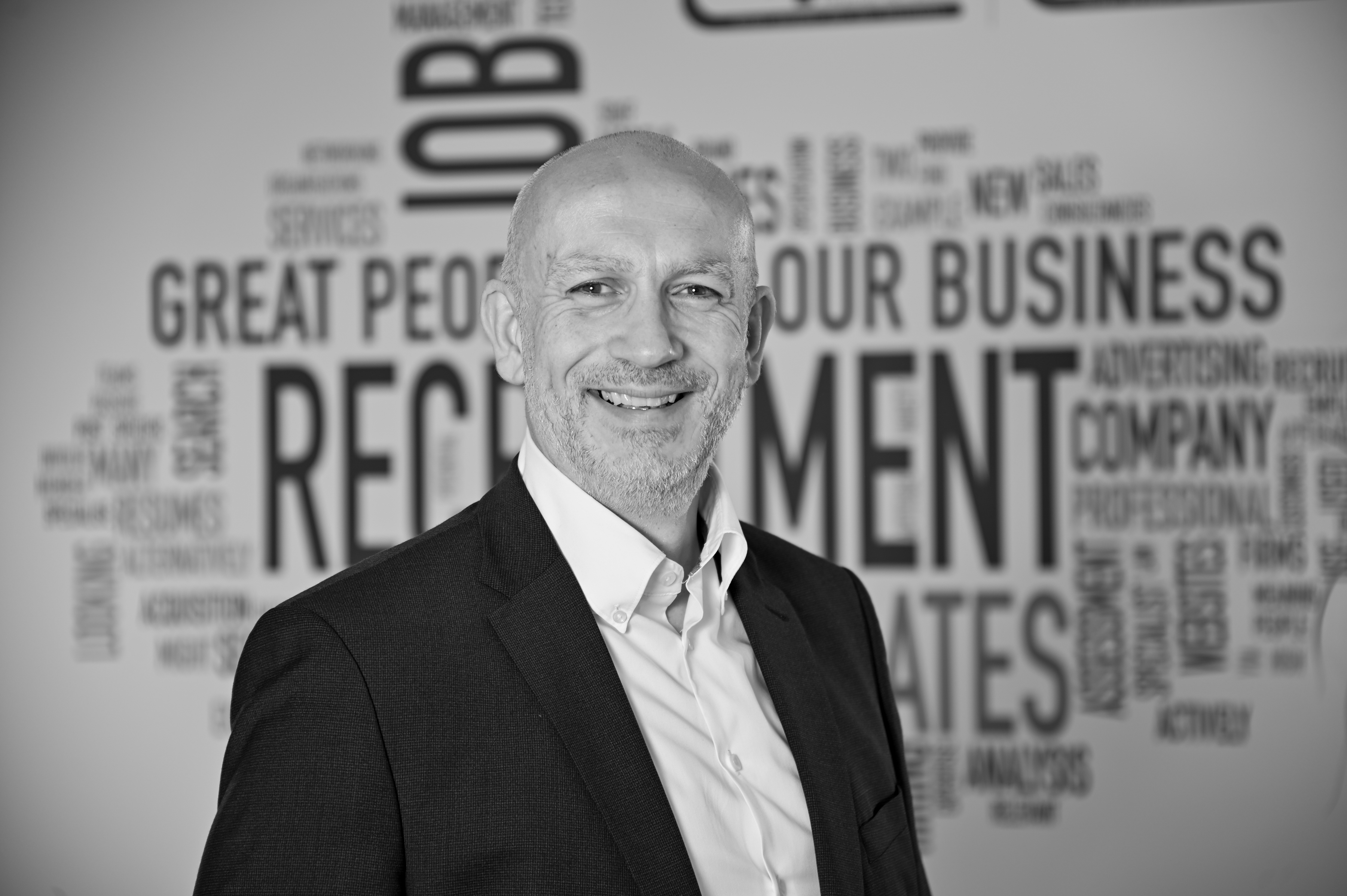FRS 102 Revised Seminar Brings South Yorkshire Finance Leaders Together
In collaboration with Shorts Chartered Accountants, we recently hosted a seminar for senior finance professionals from across the region.The event brought together a number of Finance Directors, Financial Controllers and senior leaders from across the region for a morning of insight, discussion and networking over breakfast. It was a pleasure to welcome so many familiar faces, alongside new contacts, reflecting the strength and depth of the Yorkshire finance community. The seminar was presented by Howard Freeman, Audit & Accounts Partner, and Andy Ryder, Corporate Finance Partner at Shorts. We are extremely grateful to both speakers for sharing their time and expertise, and for delivering a clear, practical overview of the forthcoming changes to FRS 102, which came into effect on 1 January 2026 and are expected to impact a significant number of UK businesses. The session explored what is changing and why, particularly in relation to lease accounting and revenue recognition, and considered what the updates mean in practice for finance teams and business leaders. The speakers also addressed the new reporting requirements under FRS 102, the potential impact on EBITDA and valuation methodologies, and the key considerations for organisations as they prepare for implementation. Rather than focusing purely on technical detail, the seminar encouraged broader discussion around readiness, communication with stakeholders and the commercial implications of the changes. This led to a highly engaged Q&A session, with attendees sharing perspectives and experiences from their own organisations. At Sharp Consultancy, we are committed to supporting the finance community beyond recruitment alone. Events such as this form part of our ongoing effort to create opportunities for connection, knowledge-sharing and professional development among senior finance professionals. We would like to extend our sincere thanks to Shorts for partnering with us on this event, and in particular to Howard and Andy for delivering such an informative and thought-provoking session. We are also grateful to everyone who attended and contributed to the discussion. We look forward to hosting further events in the coming months and continuing to work closely with our network of finance leaders across the region.If you would like to discuss how these changes may impact your finance team, or if you are considering strengthening your leadership function, please contact us for a confidential conversation.
Read article


